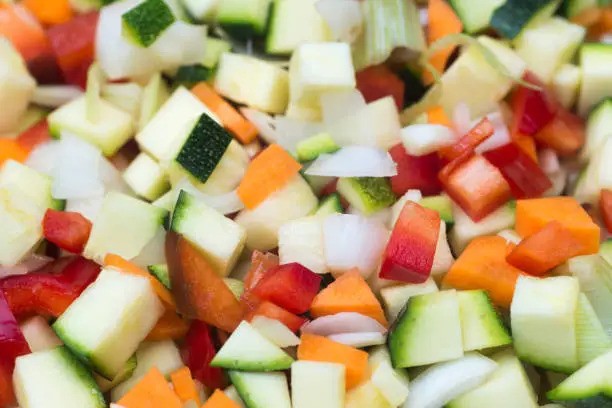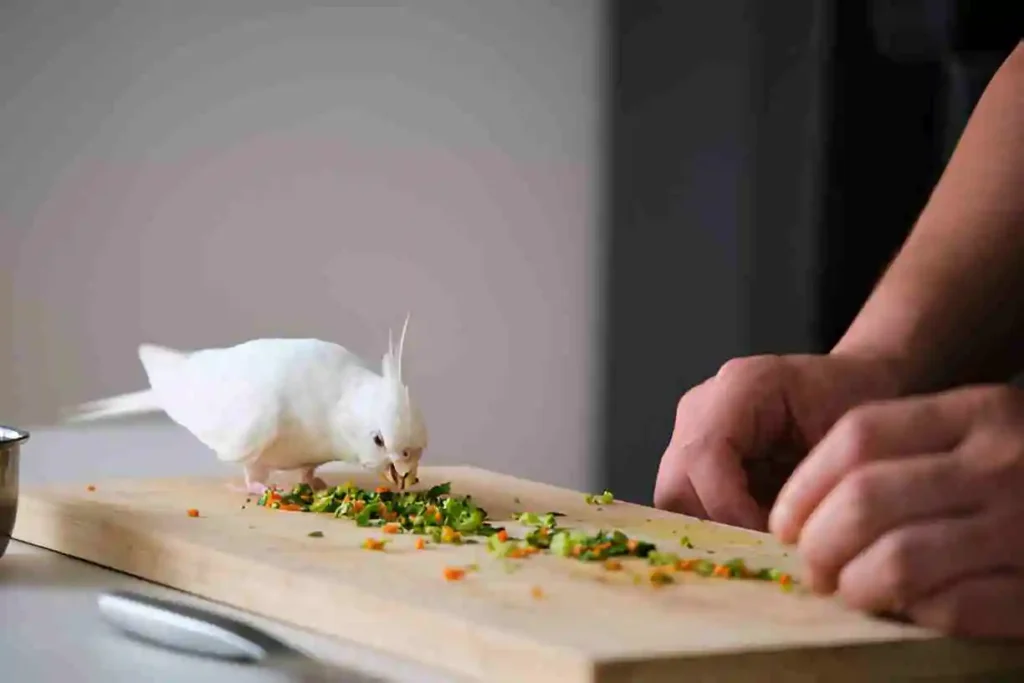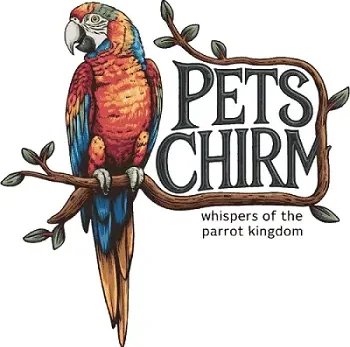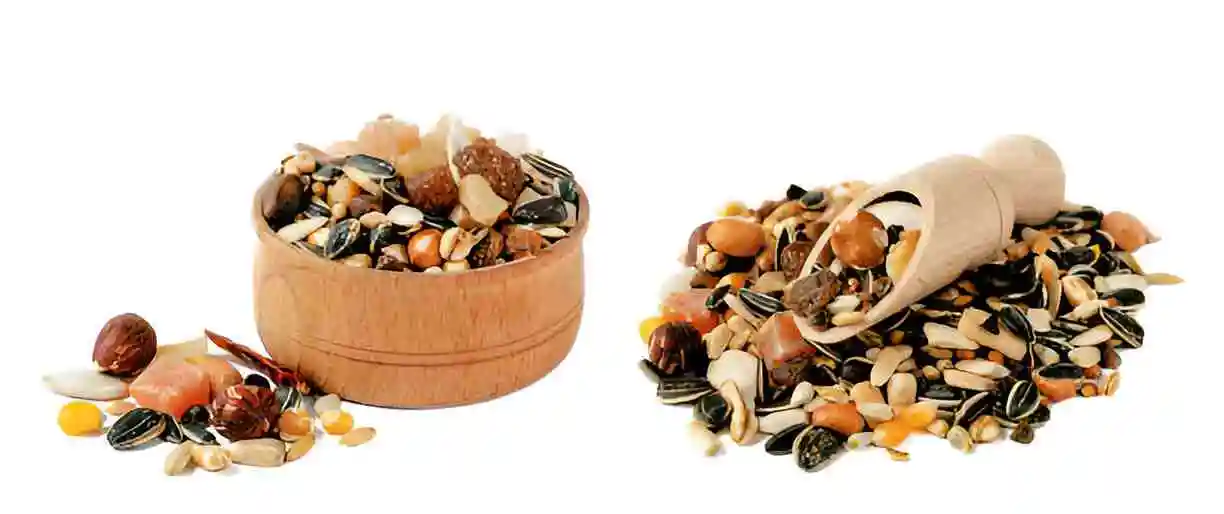Understanding what parrots eat is essential for their overall health and happiness. A well-balanced diet not only keeps your feathered friend active but also supports their vulnerable system, enhances their plumage, and promotes life. This composition will explore the top foods for a healthy parrot diet, including portion sizes, FAQs, and perceptivity from pantomimist possessors.
Introduction
Parrots are vibrant, intelligent brutes that bear a varied diet to thrive. In the wild, their diet consists of fruits, seeds, nuts, and vegetables. still, numerous pet possessors frequently struggle to replicate this balance in prison. By understanding the nutritive requirements of parrots and the stylish foods to offer, you can ensure your companion remains healthy and happy.
Significance of a Balanced Diet for Parrots
A balanced diet is pivotal for precluding health issues in parrots. Poor nutrition can lead to a range of problems, including rotundity, malnutrition, and conditions similar to an adipose liver complaint. The right diet helps support
- Feather Health: Nutrients from fruits and vegetables contribute to vibrant plumage.
- Strong Bones: Calcium and vitamin D are vital for maintaining bone viscosity.
- Healthy Digestive System: A variety of foods ensures that parrots admit the necessary fiber.
Essential Nutrients for Parrots
To maintain a healthy diet, it’s important to understand the essential nutrients that parrots bear
Vitamins and Minerals
- Vitamin A: Essential for vision and vulnerable function, set up in carrots and sweet potatoes.
- Vitamin D3: Important for calcium immersion, which is pivotal for bone health. This vitamin can be attained from the sun or supplements.
- Calcium: Necessary for strong bones and eggshell products in breeding ladies, set up in lush flora and cuttlebone.
Proteins and Fats
- Proteins: Necessary for growth and form, set up in legumes and nuts.
- Healthy Fats: Give energy and support cellular health. Sources include seeds and certain nuts, similar to walnuts and almonds.
Top Foods for Parrots
They are some of the stylish food options for your pantomimist, along with their benefits and exemplifications.
Fruits
Fruits are a succulent and nutritional part of a pantomime’s diet. They give essential vitamins and hydration.
Benefits and exemplifications
- Apples: High in fiber and vitamin C; remove seeds before serving.
- Bananas: Rich in potassium; offer in temperance due to sugar content.
- Berries: Blueberries, strawberries, and raspberries are loaded with antioxidants

Vegetables
Vegetables are essential for providing minerals and fiber, which are important for a balanced diet.
Benefits and exemplifications
- Carrots: High in beta-carotene; can be served raw or cooked.
- Broccoli: Rich in calcium and vitamins A and C; offer raw or smoothly fumed.
- Spinach: Provides iron and vitamins; feeds in temperance due to oxalic acid.
Seeds and Nuts
Seeds and nuts should be included in a balanced diet. Since they are high in fat, moderation is key.
Benefits and exemplifications
- Sunflower Seeds: High in fat; limit to occasional treats.
- Pumpkin Seeds: Rich in magnesium and zinc; great for snacking.
- Walnuts: Contain omega-3- 3 adipose acids; excellent for brain health.
Pellets
Pellets are frequently recommended by veterinarians as a primary food source, furnishing balanced nutrition.
Benefits of marketable Pellets
- Formulated to meet nutritive requirements.
- Help help picky feeding( only eating preferred foods).
- Look for high-quality brands without artificial complements.
Grains and Legumes
Grains and legumes can give fresh protein and fiber to your pantomimist’s diet.
Benefits and exemplifications
- Cooked Quinoa: A complete protein source served cooked and cooled.
- Brown Rice: Good source of energy; offers cooked.
- Lentils: Packed with protein; served cooked for easy digestion.
Foods to Avoid
While there are numerous healthy options, some foods can be dangerous to parrots.
Poisonous Foods for Parrots
- Avocado: Contains person, which is poisonous to catcalls.
- Chocolate: Contains theobromine, which is largely poisonous.
- Caffeine: This can lead to heart problems and hyperactivity.
Reasons to Avoid Certain Particulars
Certain foods can beget digestive issues, toxins, or long-term health problems. Always probe any new food before introducing it to your pantomimist’s diet.
Portion Sizes
Understanding portion sizes is crucial to precluding rotundity and icing a balanced diet.
- Fruits and Vegetables: About 10- 15 of their diurnal input.
- Pellets: Should make up 50- 70 of their diet, depending on the species.
- Seeds and Nuts: Limited to 5- 10 of their diet.
Stoner Experiences
Numerous pantomimist possessors partake in their guests regarding feeding practices. Then are some perceptivity
- Variety is key: Crucial possessors frequently find that offering a wide range of fruits and vegetables keeps their parrots interested in their diet.
- Observation: Monitoring your pantomimist’s preferences can help them conform to their diet. Some may prefer specific fruits or vegetables, while others may reject them.
- Experimenting with Textures: Introducing different textures like brickle nuts versus soft fruits can stimulate your pantomimist’s interest in food.
| Category | Examples | Benefits | Portion in Diet | Notes |
|---|---|---|---|---|
| Fruits | Apples, Bananas, Berries | High in vitamins, hydration | 10-15% | Remove seeds from apples; offer bananas in moderation due to sugar content |
| Vegetables | Carrots, Broccoli, Spinach | Rich in vitamins and minerals, fiber support | 10-15% | Offer spinach sparingly due to oxalic acid content |
| Seeds and Nuts | Sunflower seeds, Pumpkin seeds, Walnuts | Source of healthy fats and omega-3 for energy | 5-10% | Feed in moderation; high-fat content |
| Pellets | Commercially formulated pellets | Balanced nutrition with essential vitamins and minerals | 50-70% | Look for pellets without artificial additives |
| Grains and Legumes | Cooked Quinoa, Brown Rice, Lentils | Protein source, supports digestion and energy levels | 10-15% | Serve cooked for easy digestion |

Conclusion
Feeding your pantomimist a healthy and balanced diet is essential for their well-being. By incorporating a variety of fruits, vegetables, seeds, nuts, and high-quality bullets, you can ensure that your feathered friend remains vibrant and active. Regularly assess their diet, and don’t vacillate to consult with a veterinarian for substantiated advice. Flashback, a healthy diet leads to a happy parrot!
FAQs
1. What’s the stylish diet for my pantomimist?
A balanced diet includes bullets, fresh fruits, vegetables, and occasional seeds or nuts.
2. Can I feed my pantomimist mortal food?
numerous mortal foods are safe, but avoid reused foods, sugar, and swabs. Always check if a food is safe before offering it.
3. How frequently should I feed my pantomimist?
Fresh food should be offered daily, while bullets are always available. Seeds and nuts should be given sparingly.
4. Do different pantomimist species have different salutary requirements?
Yes, larger parrots like macaws bear further protein and fat than lower species like budgerigars. Always probe your specific pantomimist’s requirements.
5. What signs indicate my pantomime isn’t eating duly?
Signs may include languor, weight loss, feather plucking, or changes in feces. Consult a warhorse if you notice these symptoms.


1 thought on “What Do Parrots Eat? Top Foods for a Healthy Diet”